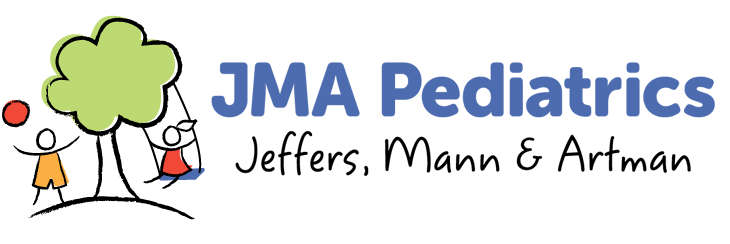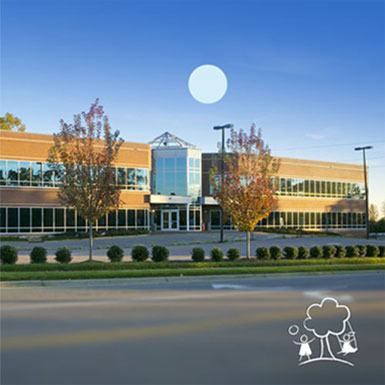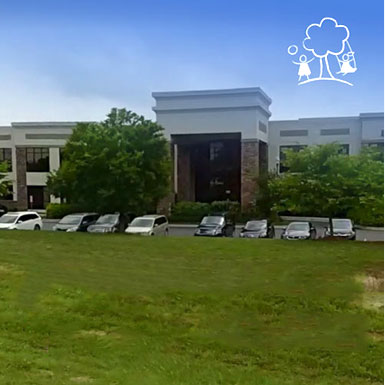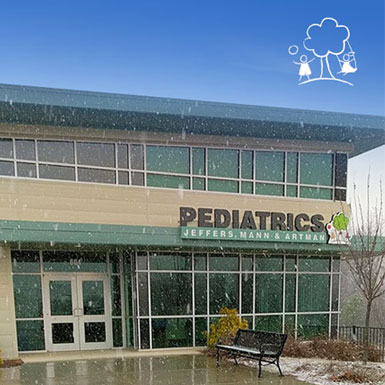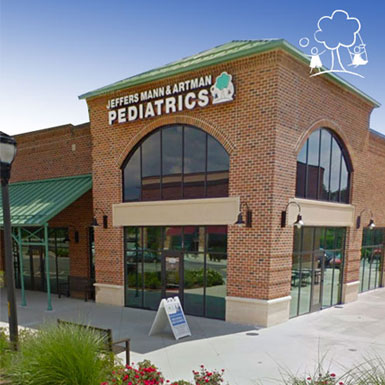Allergic Rhinitis
Hay Fever
Often caused by pollen from trees, grasses or weeds, allergic rhinitis is also known as hay fever. Other airborne substances such as dust, molds, animal fur and feathers may also cause these symptoms. Seasonal allergies are less likely under 2-3 years of age.
Symptoms
- Itchy, runny or stuffy nose
- Itchy eyes
Treatment
- Avoidance is the best treatment for any allergy whenever possible. Keeping doors and windows closed in your home and car is important. Removing pets from the home and dust and mold control measures can significantly relieve symptoms due to perennial allergens.
- Antihistamines may relieve many allergic symptoms by inhibiting the action of histamine on nasal and eye tissues. These are available over the counter and as prescription medications. Some preparations may cause drowsiness.
- Nasal decongestants act to decrease the swelling of the nasal tissue and the resulting feeling of stuffiness. Oral decongestants may cause sleeplessness and jitteriness. Topical nasal decongestants may cause "rebound" congestion and irritation of the nasal passages if used more than 2-3 days.
- Other medications to treat allergies are available as prescription from your doctor if indicated. Contact us if your child has persistent symptoms you feel may be due to allergies and we can discuss appropriate prevention and therapy.
